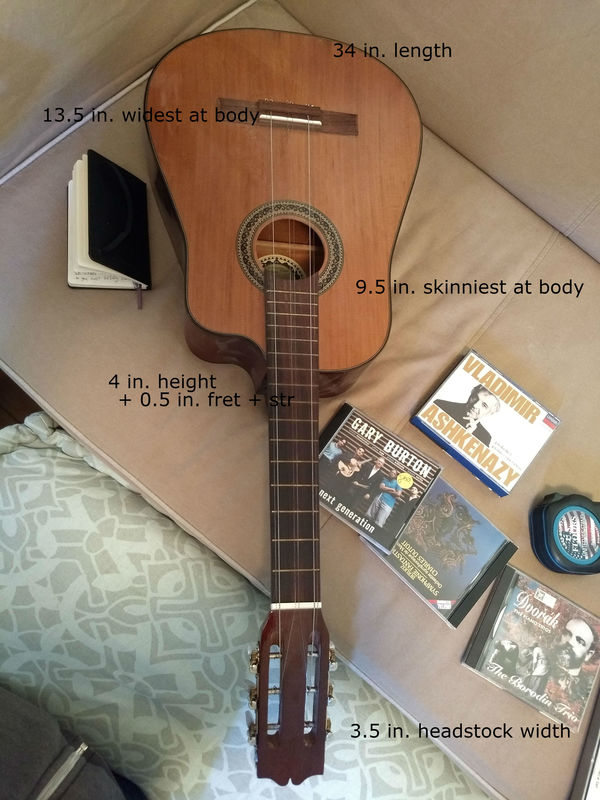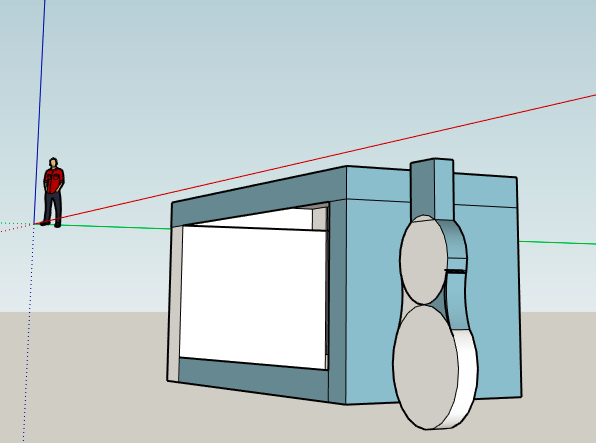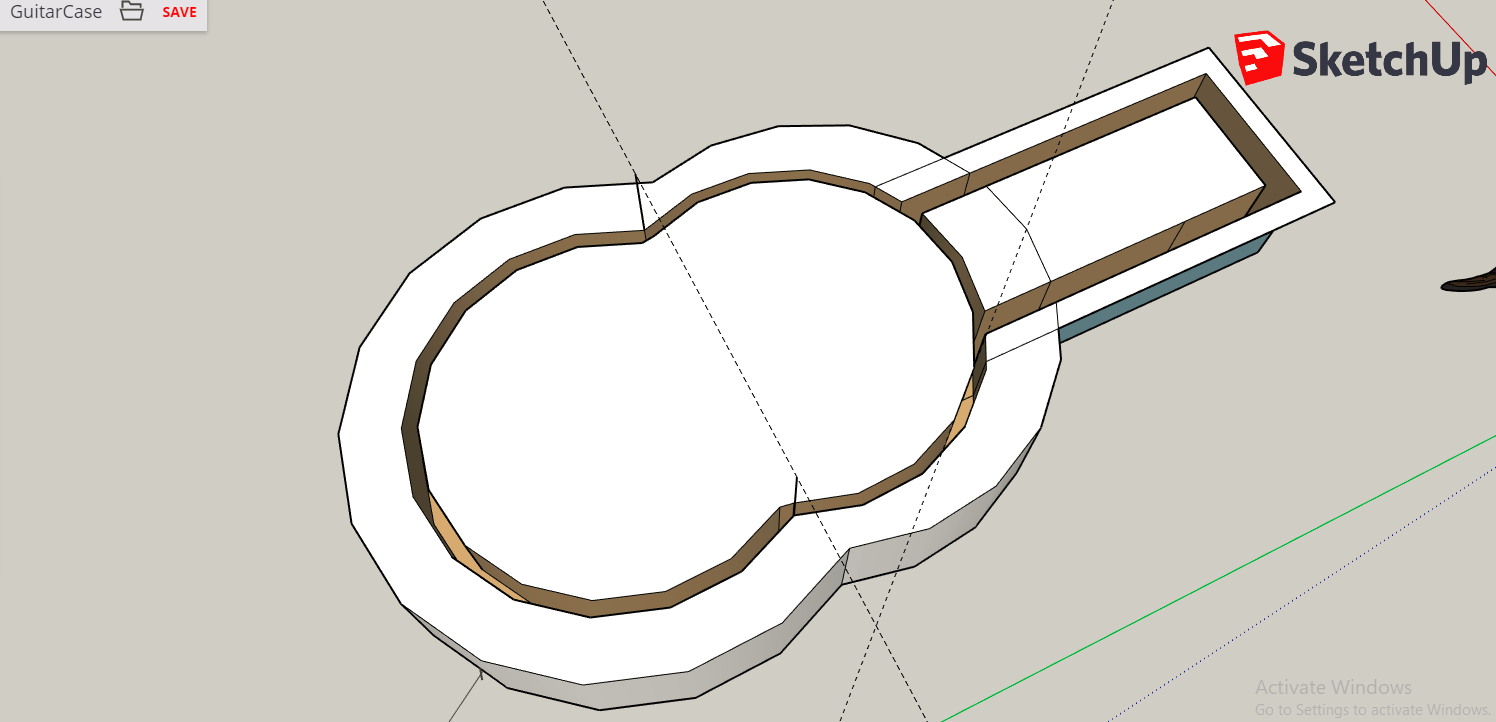|
It's time to do more with my hands, both of them, and both my eyes, while I still have them
I've decided to continue my creative journey with flamenco while engaging in the story of this music and lifestyle. There have been topics around guitar, singing and the history of the aural tradition which have piqued my curiosity. Not having the breadth of knowledge or having lived the history, I'm left with creating something all my own, something far less than history, or even historical fiction, but something to evoke the powerful symbolism and imagination that's been so cooped up in me I can hardly sleep. And so this is my way of saying 'Enough!'. I need a break from the war of words, and the hustle and bustle of the day-to-day software project management and people chasing. Comics as a medium has enthralled since I was fairly young. It has the expression of sport, art and dance. It is a poly-art. I've gravitated toward these multimedia expressions before: * flamenco * capoeira * interactive digital tools combining art, music * now comics So it's my turn to give back and produce a comic about music, a fantasy or dream of sorts. It's been on my list and soon it will reach your screen or table in the form of a short story. For now, let's call it Hands Fall In
0 Comments
No, i haven't figured it all out. Perhaps the perfect job is what I have right here, the ability to shift seamlessly between work and artistic endeavors.
Today I passed the Tableau Certified Associate examination marking a modest milestone in my experience with this data visualization tool.
My aspiration has been to improve the world for others besides myself. Using data and maps is an important 21st century skill if you are working to understand data trends and model different systems. 10 years ago I embarked upon study of algorithms and statistical software techniques. Initially I was solving problems at work in order to calculate project costs by feeding parameters into a machine learned model. I went on to classify flamenco songs into subgenres for fun, and lately I have been collating charts of metrics for my organization. There are many talented people out there wanting to utilize this skill, and now I feel closer to being one of them. Thanks to the Tableau community for your time and support, creating all the things you do! At 9am this morning I was feeling a tightness around my body from the past few days spent moving furniture and belongings into my new place.
I needed to stretch, and roll some of the tight spots out, but the my moment I knelt down I recalled wanting to attend a talk on the work from home life and I sprang up and tuned in to pick up some tips on managing my blur of work and personal life that many of us are boxed into now. Karen Mangia, today's forceful speaker, brought some tremendous tools and techniques for dealing with the emotional setbacks of isolation. Muhammad Ali up against the ropes facing formidable George Foreman, while battling the adversity of 7th round exhaustion in the boxing ring retorted: Is that all you got?! Karen's point with that statement is to help us recognize we aren't done fighting for our lives and we need to stare back into our fears. Our expectations are a reflection of an imagination, not a reflection of the way things should be. Karen states that conceptually our expectations pit our egos against our concept of time, and we ask, shouldn't we be successful by now? What is success now? If it's tied to ego, than it will take some creativity and ingenuity to achieve it, since for many internet platforms seem to be the only mold as our own personal platforms. My expectations of returning to 'normal' have taken their own form, actually my expectations of the future are a general bleakness, a disintegration of social life, normal casual encounters amongst colleagues, however, I hold some hope that remote workers like myself will be a vital force in contributing capital and skills to their local economies, as we branch out into different areas. There would have to be a critical mass of contributions to local economies and systems for that to happen. For now, that may be too idealistic to fathom for many - that my pizza dollars or donations to foodbanks or volunteer hours would be game-changers. but even those have proven to be very conservative estimates, considering I am housebound not only by virus worries, but by the smoky late summer fires - but these fears of a dark future have never ended my life, so these fears oddly act as a safeguard against death fears. I was yearning for a promotion, a house, a car, a spouse and where did it all go? One half of the sky is blue and the other gray - the 'glass half-full' mantra can withstand even this onslaught. Instead of ask, why haven't I bounced back by now, I can ask a different question...if there is a better version of myself out there, not gripped by fear, why not embrace it? We should expect there will be want, lack, expectation, disappointment, but that as long as we approach our situation with equanimity, there is an opportunity to address short-term fulfillment, and concrete steps toward fulfilling a greater sense of purpose and creation in this fleeting world. For me, that is putting paint on a page, or a few notes to or from paper/keyboard/guitar. Why not be satisfied with just that act of play? Guitars and their cases can be heavy. I am getting some help from the BAAM community to find a mushroom strain for a lightweight material to make a case out of. Here are the dimensions I would need in order to being the process of creating a mold for the guitar case.
After a week-long vacation in Colombia I came back at 1am today to my oyster bags, which were growing on pine shavings and sawdust in varying proportions.
Notably, the oyster hasn't taken as well to the pineshavings but there is clear evidence that it is binding and digesting some of it, so it may take more time. This week I'll start to mix some spawn up with the pine shavings to begin making a part of the guitar case I promised I'd start. If it goes well enough with the pine shavings, that is, if it keeps together, I'll grow another section and then try to bind it together. giant box as the outer mold the guitar mass will sit in and be covered withcreated with sketchup tools I got to try out this evening besides just getting the hang of orbiting around the working area.
Was pleasantly surprised how easy it is to use the tape measure along with scale to resize whole objects. Not having to connect dots one by one in order to trace lines was the perfect end to a relaxing evening of biking to and from the Berkeley Marina, lentil soup, Bill Evans, Miguel Migs, Jimmy Reed and generally not giving a hoot. - in designing a space for fungus to grow I realized that initially, designing with cardboard and plastic bags, it would be difficult to grow a single structure of mycelium, so I'm considering growing two separate panels, top and bottom, with the top allowed to overhang the bottom and lock to the bottom, as a typical case would. First, just trying to mimic an actual case, no hinges or anything. I used Sketchup to design a 3d model
Last Sunday I carried my Ibanez Artcore semi-hollow sexy body to my Blues class in downtown Berkeley.
That mother of a guitar and its case is heavy, and it sucks to carry it. I don't care to get a lighter guitar necessarily, but a case on the other hand I think could make the case lighter, and even add an artisanal touch to a case. What is usually a bland and non-flashy thing, sometimes decorated with stickers could be a piece of art in itself, a personal expression. Inspired by MycoWorks' work, led by Phil Ross, I'm going to set out to construct some stuff from mushrooms and give this thought some life. A little later I'd like to post an update with a prototype of the mold the mushroom should grown in. Ken from Counter Culture Labs mentioned some mushroom varieties to try out and some techniques that might improve the structural integrity of the final product. I invite meditation on the Agile manifesto today: http://agilemanifesto.org/
Let's discuss a word that is safely tucked away in the management lexicon. Program : It means: a collection of projects. Even a series of tv shows on a channel, could be considered a program. Why not? A bunch of tv show episodes are unique projects that are produced and aired according to a TV outlet's programming schedule and criteria. As you do more projects, you learn more, you re-plan, both at the project level, and at the program level. Planning is a focal aspect of project work. It's even a continual improvement endeavor. Plans improve the future work, especially when they observe variance between "planned and actual" work. Work is a circular game with twists, checkpoints, stoppages, and some work calves off projects and becomes a full-fledged project in its own right. Would you consider features to be projects, or too small to be a project? I don't think it matters. But, you might agree "feature" sounds smaller than "project". What about a "program", is that equivalent to a collection of similar features, that are developed for a product / program, what about a set of "epics". Responding to change over following a plan. Agile liberates managers from the anxiety or security of knowing everything ahead of time, and plan most of the work ahead of time. Perhaps there is a misconception about the current body of knowledge in project management. The need to re-plan comes up a lot, updates are a natural update of the management process. I would like to ask Agile managers, at the start, aren't you doing most of the planning the deliverable ahead of time, following the plan in some cases, at least to deliver what you are trying to deliver? The learning is valuable, but the essential qualities of the deliverables, that is the work they perform nary changes, though the code and structure envisioned for that code may not look the same as it did from the outset. Perhaps there is no code at all! I'd like to invite our attention back to this statement, Responding to change over following a plan. Let's not forget about the value of planning, which is an interactive process, valuing people's ideas, attention, and the integrity of what the team is trying to deliver. We plan for change, not for compliance to a plan! |
AuthorWrite, post, publish, prophet! Archives
March 2024
Categories |



 RSS Feed
RSS Feed
